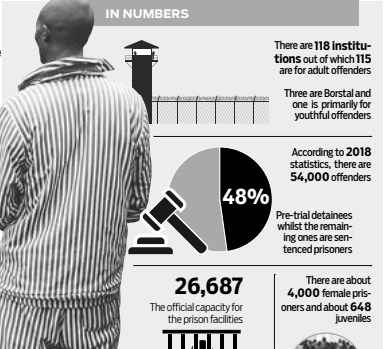×
The Standard e-Paper
Join Thousands Daily

Hundreds of first-time offenders who readily confess could soon be spared tough jail terms if a proposal by the Director of Public Prosecution’s office passes the test.